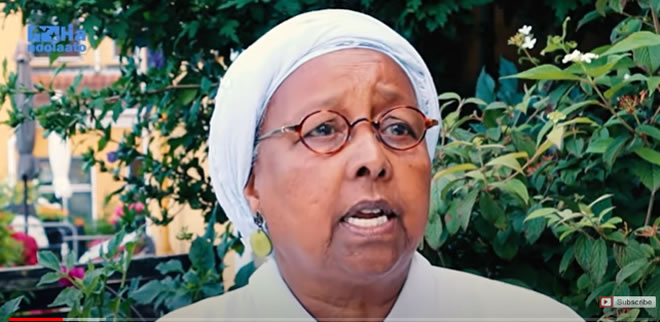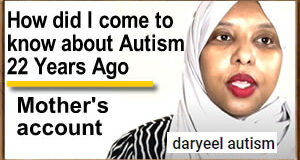 A year and a half ago Ayanle Hussein from ‘Hanoolaato’ interviewed me about mental health issues in the Somali community. At the end of the interview, I said that every Somali person in need of guidance on psychological/psychiatric issues was welcome to contact me. Since that day I have been contacted by many people, mostly on WhatsApp. It is very interesting what technology can do today: I am sitting in my home in a small town in Denmark and can talk with Somalis everywhere in the world and it does not cost me or them anything.
A year and a half ago Ayanle Hussein from ‘Hanoolaato’ interviewed me about mental health issues in the Somali community. At the end of the interview, I said that every Somali person in need of guidance on psychological/psychiatric issues was welcome to contact me. Since that day I have been contacted by many people, mostly on WhatsApp. It is very interesting what technology can do today: I am sitting in my home in a small town in Denmark and can talk with Somalis everywhere in the world and it does not cost me or them anything.Many parents in the diaspora needed to talk about their children, mostly boys. The early signs of schizophrenia are withdrawal from contact and activities such as school and sports. Many of the cases I was contacted about gave the impression of serious mental disorders and I strongly advised the parents to contact their family doctor or the local psychiatric services. In western countries with well-organized psychiatric services my job was to give advice and guidance on where to get professional help. The situation was different in Somalia. Psychiatric services are very few and not free. Therefore, I had to take the responsibility for doing a psychiatric assessment myself, if needed, to start a course of treatment, and follow-up the patient’s progress over a period of time.
Could an explanation be that young Somalis marry too quickly, before they know each other well enough?
A friend of mine, a Somali social worker, has the hypothesis that young Somali women marry too quickly in order to get out of a very controlling family. Marriage as an exit strategy from a suffocating situation. Many young Somalis today meet each other on social media platforms being in countries far from each other. These online meetings give you an inaccurate picture of the person you are going to marry and live with. It would be very interesting to make a sociological study ”How and where did you meet your spouse”?
I talked over the years to many young Somali men that wanted to be part of their children’s lives after a divorce but were rejected by the women. These fathers feel that they have no rights specially in Western countries. This is not all true. The men have rights as fathers but there will be investigations done on the reasons for the divorce. If the father has been abusive and violent his rights will be reduced. I also met many young fathers that became homeless and started abusing alcohol and drugs after a divorce.
The problems are many and the need for constructive interventions is huge. It is important for the young parents to understand that their children will pay a very high price if the parents are not able to collaborate after a divorce; specially in the diaspora where the number of family members or neighbours that can help is limited.
Together with 5 other professional Somali women I started ‘Tusmo’ in Copenhagen 6 years ago where, on voluntary basis, we give information and guidance on social and health issues. This is done both individually and in large meetings : in Somali, for Somalis and by Somalis.
Somali professionals can easily do the same in all diaspora.
In this article I just wanted to say that we professionals in the diaspora can, on voluntary basis, do a lot for our people both in our new countries and back home.
Dr. Fatuma S.A. Giumale
fatuma@fatumaali.dk
 Banadir weyne:: Somali news :: Your source of news and information about Somalia Somali news
Banadir weyne:: Somali news :: Your source of news and information about Somalia Somali news



